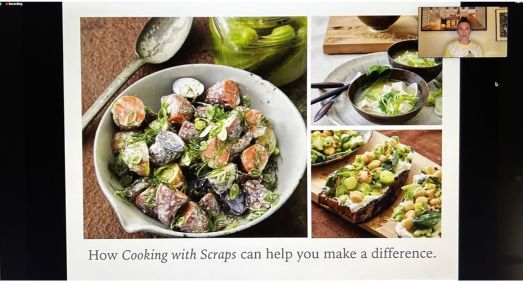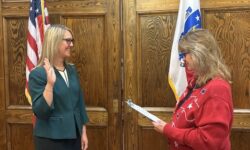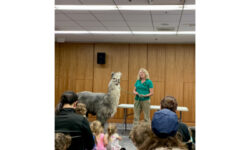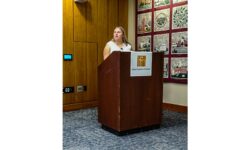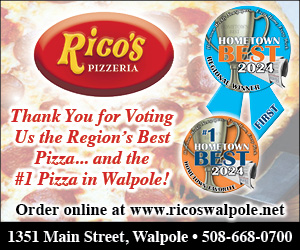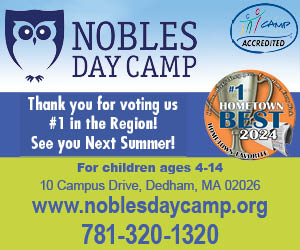By Madison Butkus
Hometown Weekly Reporter
Sponsored by the Ashland Public Library, the Needham Free Public Library (NFPL) shared an online event titled Cooking with Scraps with Cookbook Author and Sustainability Warrior Lindsay-Jean Hard.’ Explaining this most recent book of hers, Lindsay-Jean (LJ) creates recipes in which we can use scraps of food in a more useful way.
According to the NFPL, “Linsday-Jean Hard’s education at the University of Michigan and passion for sustainability went on to inform and inspire her in many ways: in her garden, artwork, home, community, and writing – like her cookbook, “Cooking with Scraps”. You may have seen her in a recent episode of The Kitchen on the Food Network. Today, she works to build and connect new communities as a marketer at Zingerman’s Bakehouse in Ann Arbor, Michigan.”
While cooking with scrap food is not necessarily a new topic, there is definitely more light being shed on the topic. In general, scraps are the underutilized produce parts and other edible remnants that are oftentimes thrown away. These include things like cores, peels, stems, rinds, tops and other odds and ends.
Most of us may believe that these types of things are unfavorable for us to consume but LJ explains how that is simply not the case. An abundance of delicious recipes can be made with the leftover pieces of food we tend to discard. When doing this, we are cutting back on common food waste that is happening far too frequently within our world.
LJ goes on to explain that cooking with scraps has a triple bottom line, also known as the 3 P’s. She specifically stated, “Cooking with scraps is good for your palette, it’s good for your pocketbook, and it’s good for the planet. In terms of your palette, flavor is always first and it has to taste good. I would not encourage you to eat something if it didn’t taste good. … The second P, your pocketbook, the greatest cost of uneaten food is greatest for consumers. Families of four can save $1,600 to $2,200 a year simply by not throwing away food. The third P, the planet, if we reduce food waste it does a number of things. For instance, as consumers, we can have a big impact on the food waste problem by changing how we interact with food at home, shopping and eating at restaurants.”
Reducing food waste is something that is vitally important for us to do in order to better impact our planet as a whole. LJ offered four easy strategies that can help us do this: meal plan, have proper storage for food, use your freezer to help keep scraps longer, and always have back pocket recipes that you can use for any scraps that you have.
Another insightful tip that LJ gave is that composting is not the best thing that we can be doing with our scraps. While it does help our soil, there are better things we could be doing, like making meals or donating scrap foods instead.
With all this information, the bottom line is that using food scraps can do so many good things for everyone. Using LJ’s cookbook, we can make some delicious meals and save some money and the planet!
For more information on where to purchase LJ’s cookbook, please visit the NFPL.




